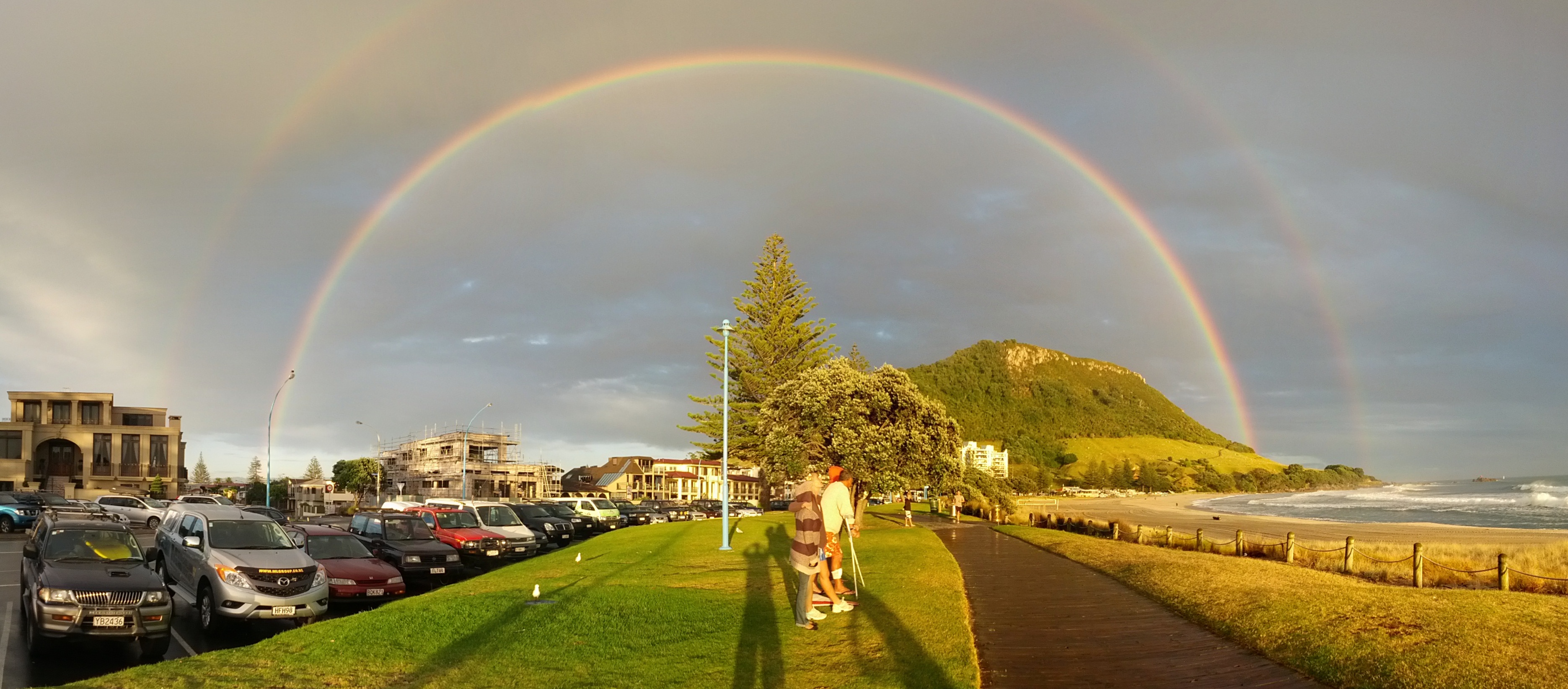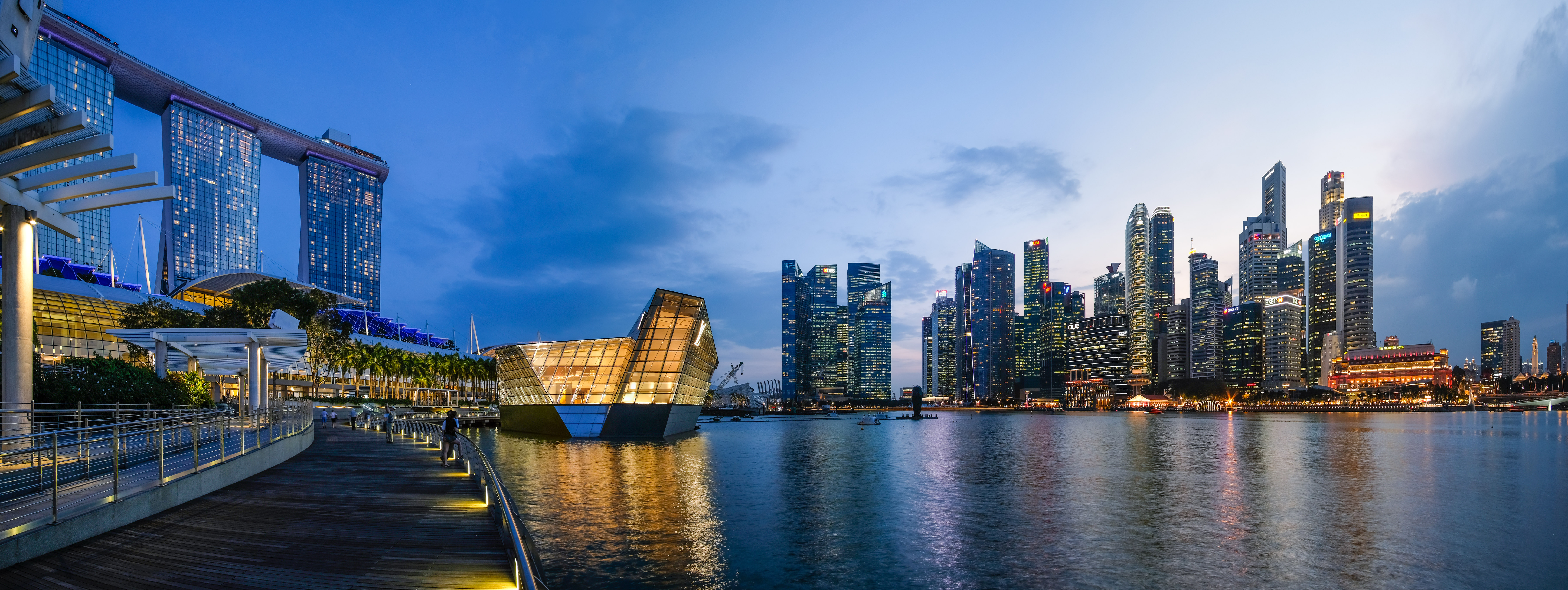Climate Change: Fearful Apocalypse or Crafted Illusion?
The debate on climate change is a hotbed of controversy, with varying perspectives from scientists, politicians, environmentalists and skeptics. Is it a looming apocalypse or a crafted illusion? This article aims to shed light on eighteen controversial perspectives on the subject, providing a comprehensive view of this complex issue.
Scientific Consensus
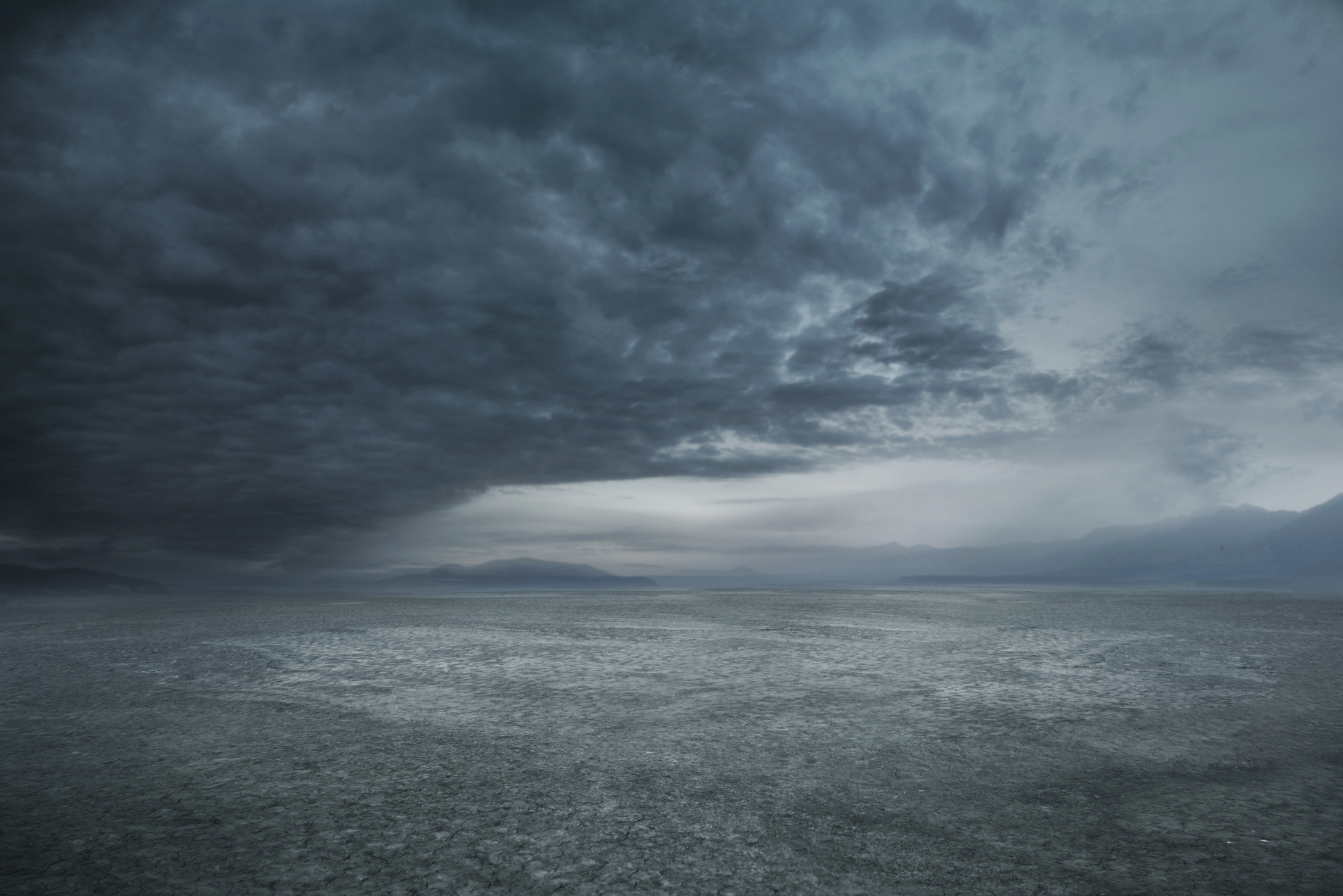
The majority of the scientific community agrees that climate change is a real and pressing issue. They cite evidence such as rising global temperatures, shrinking ice caps, and increased instances of extreme weather. However, some skeptics argue that these changes are part of natural climate variability and not necessarily indicative of a long-term trend.
Political Agendas
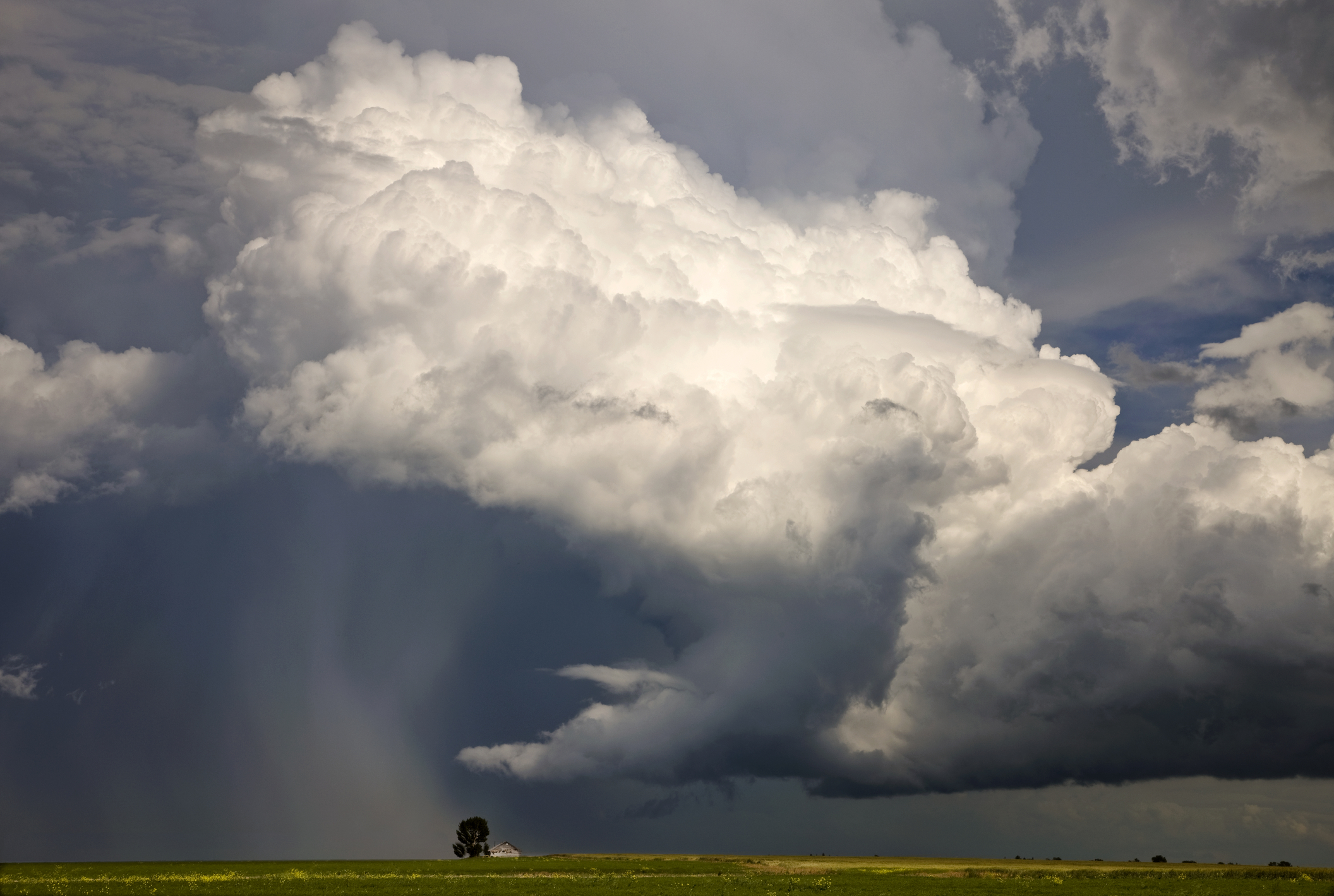
Some believe that climate change is a political tool used by governments to control and manipulate populations. They argue that fear of a climate apocalypse can be used to justify policy changes and increased regulation. On the other hand, proponents of this perspective point out that ignoring climate change can also serve political interests, particularly those tied to the fossil fuel industry.
Economic Impact

The economic implications of climate change are a significant point of contention. Some argue that the cost of mitigating climate change outweighs the potential damage, while others believe that the economic fallout from unchecked climate change would be far more devastating.
Developing Nations
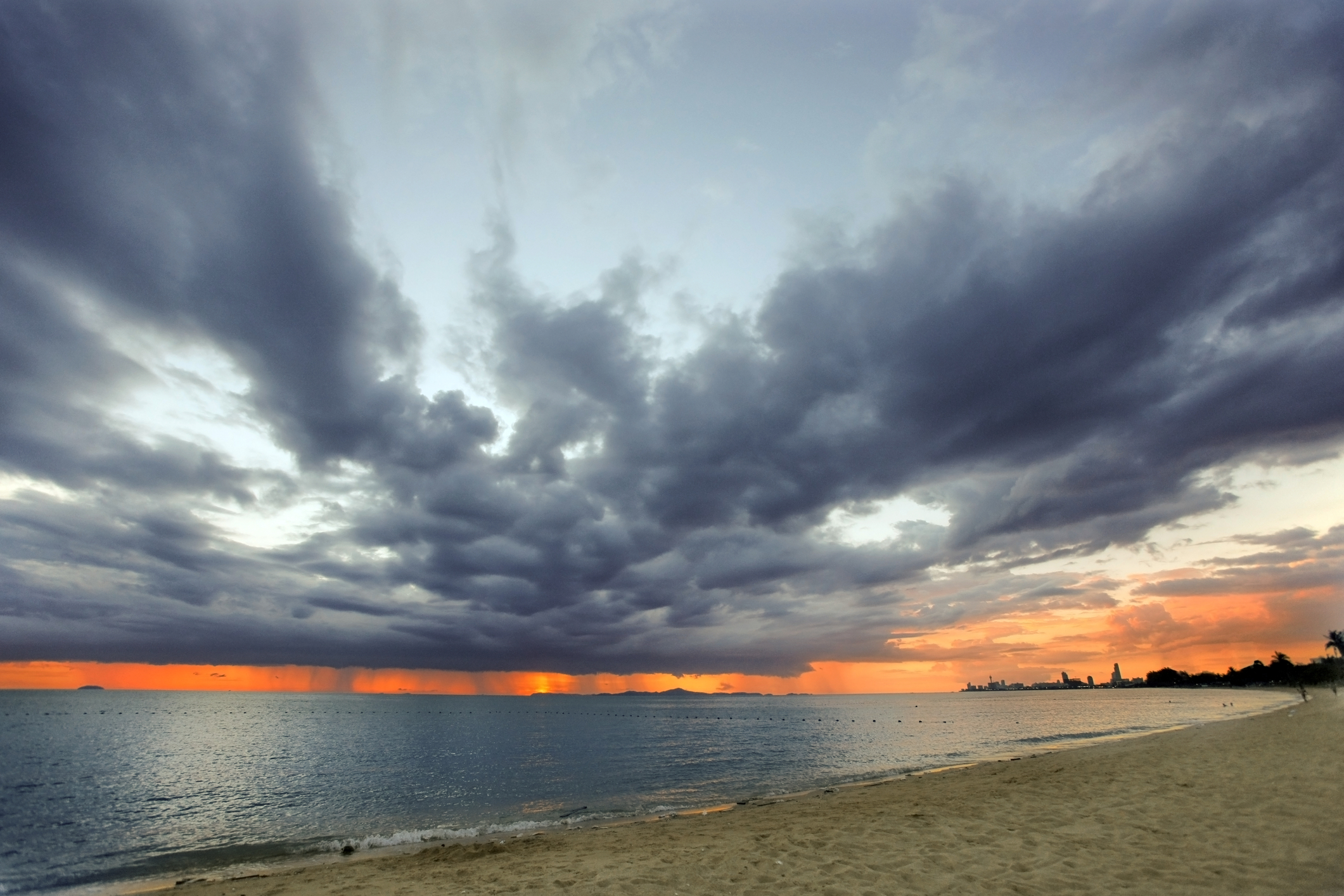
Climate change disproportionately affects developing countries, leading to debates about responsibility and reparations. Some argue that developed nations should bear the brunt of climate change mitigation efforts, while others believe that all nations should share the burden equally.
Technological Solutions
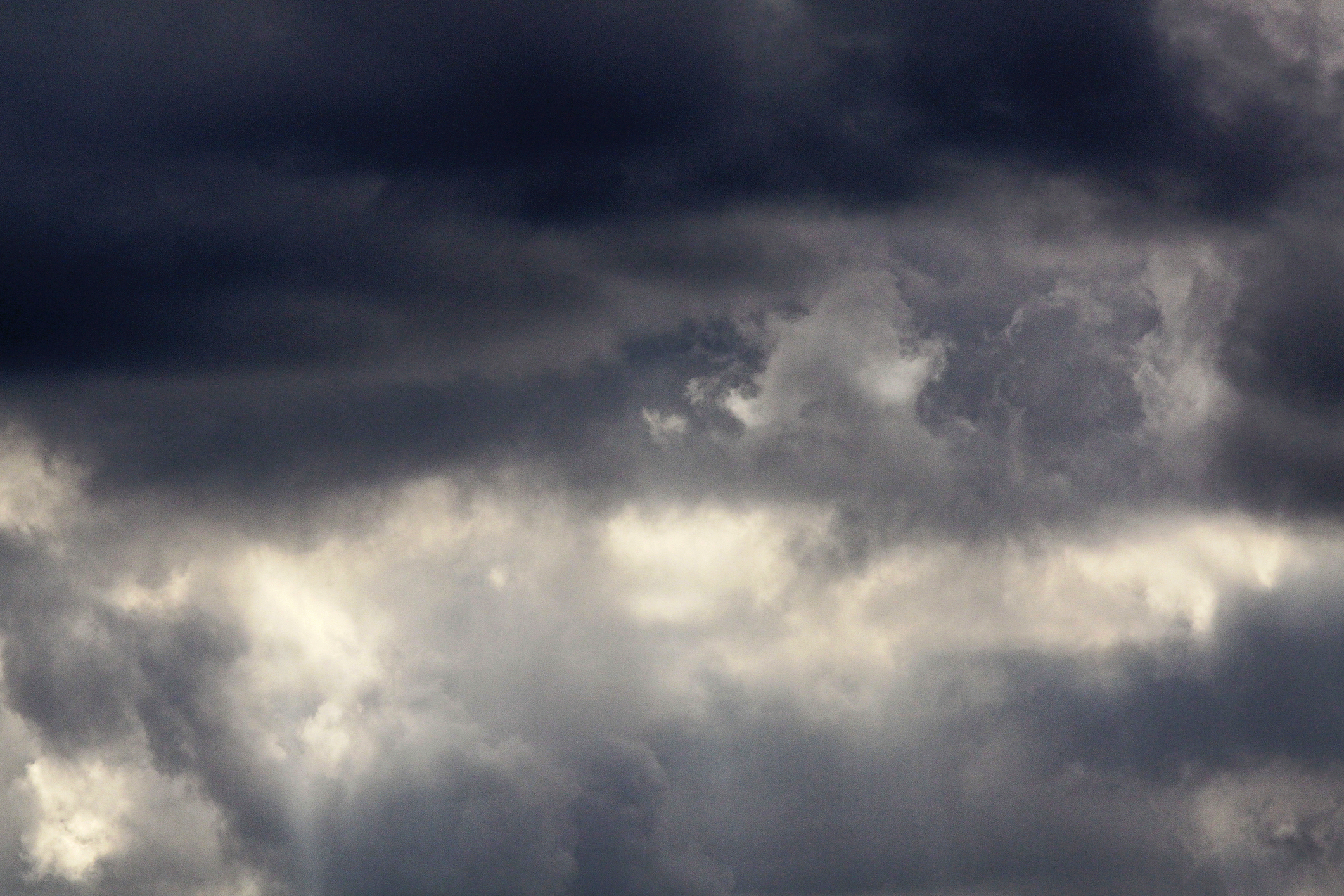
Technological optimists believe that human innovation will solve the climate crisis. They point to advancements in renewable energy and carbon capture technology as evidence. However, critics argue that relying on technology to save us is risky and distracts from the need for systemic change.
Role of the Media
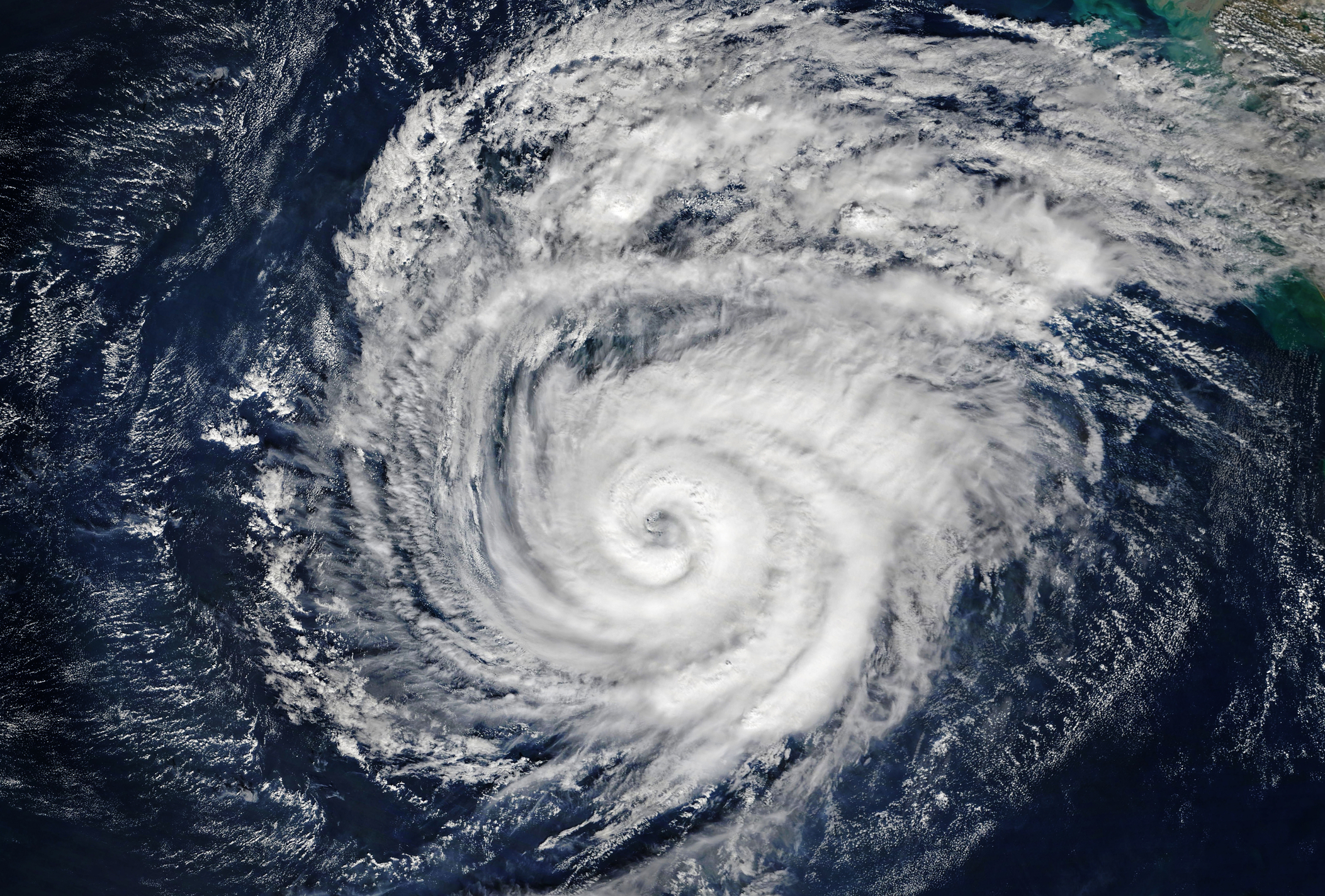
The media plays a significant role in shaping public perception of climate change. Some believe that the media overhypes the threat, creating unnecessary fear. Others argue that the media downplays the severity of the issue, leading to complacency.
Climate Denial
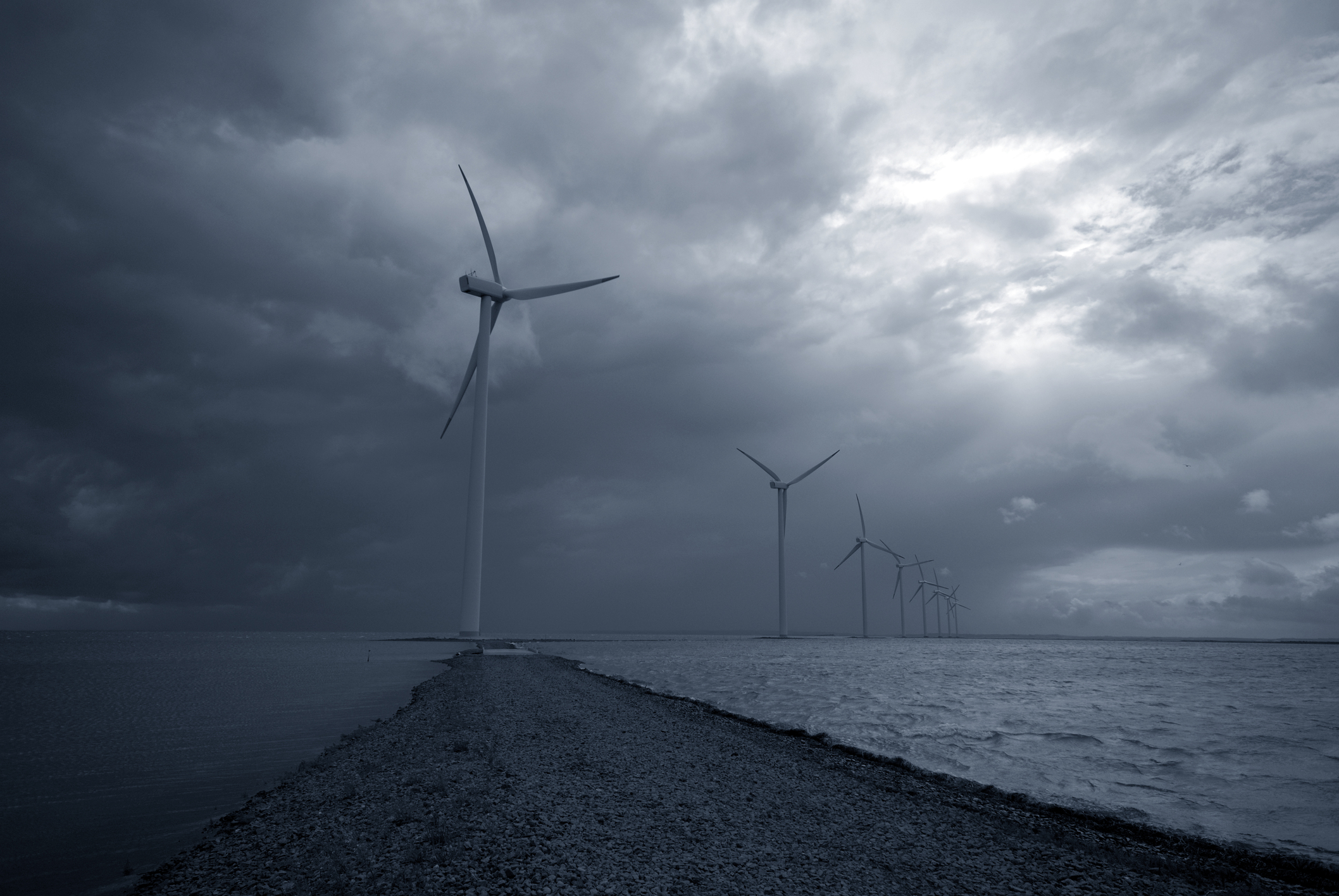
Despite overwhelming evidence, some still deny the existence of climate change. This perspective is often tied to political or economic interests. Critics argue that climate denial is dangerous and hampers efforts to address the issue.
Climate Alarmism

On the opposite end of the spectrum, some accuse climate activists of alarmism. They argue that dire predictions of a climate apocalypse are exaggerated and counterproductive. However, proponents of this perspective believe that the situation is indeed dire and warrants urgent action.
Role of Individual Action
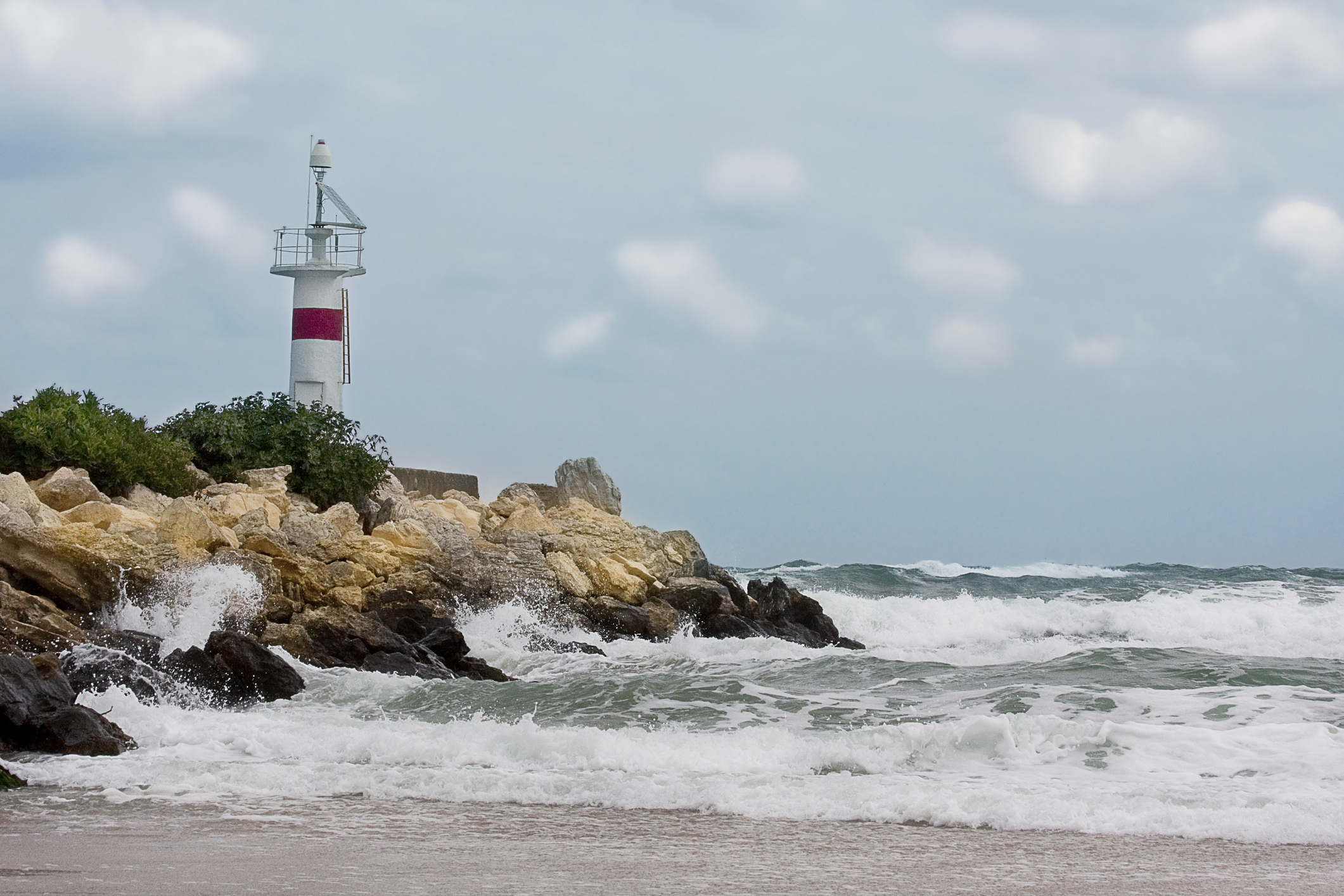
The role of individual action in combating climate change is another contentious issue. Some argue that individual actions like reducing carbon footprints are insignificant compared to systemic changes. Others believe that every little bit helps and that individual action can lead to larger societal shifts.
Veganism and Climate Change

The environmental impact of animal agriculture has led some to advocate for a vegan diet as a solution to climate change. Critics argue that this is an oversimplification and that focus should be on sustainable farming practices.
Geoengineering
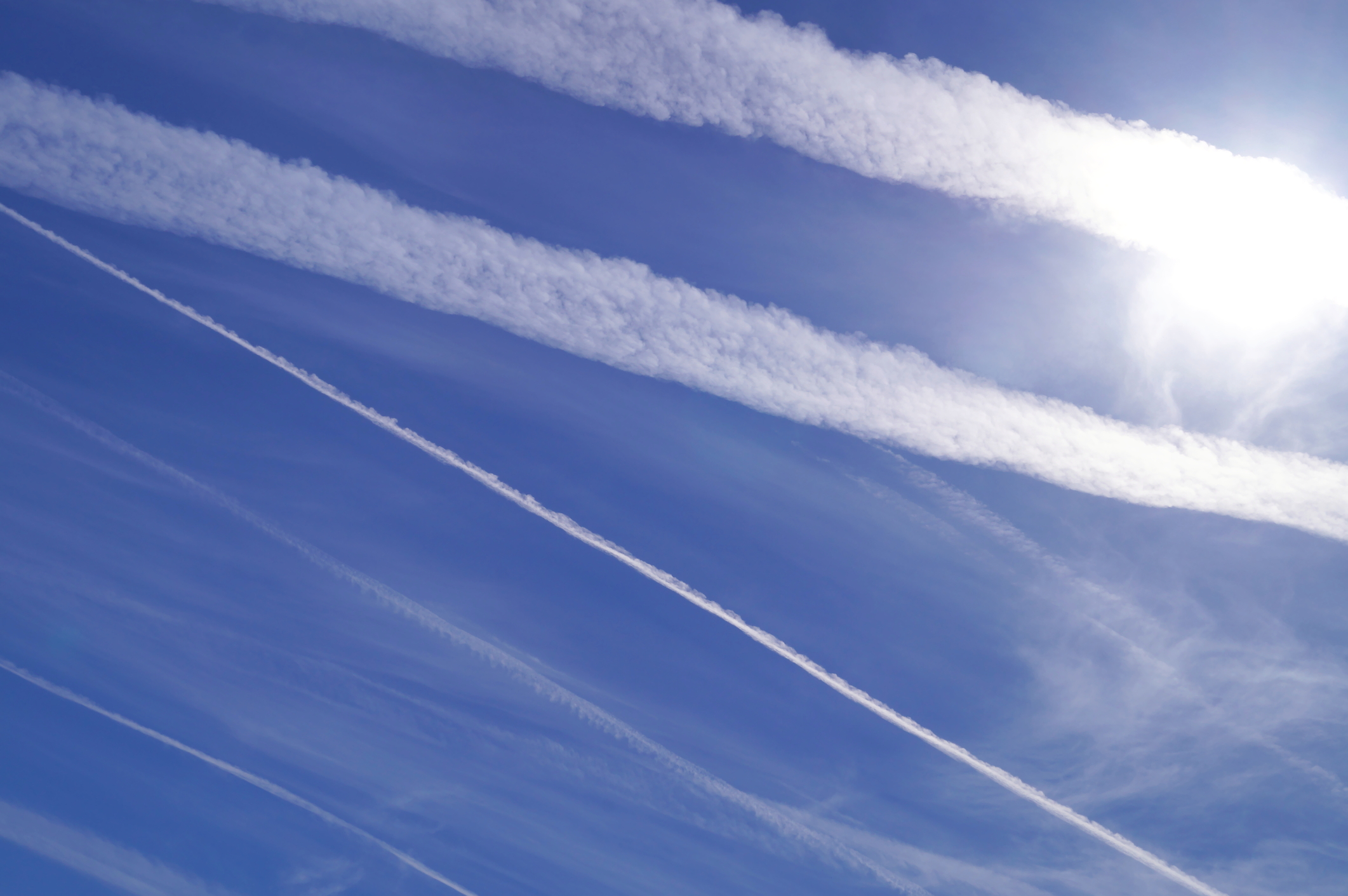
Geoengineering, the deliberate manipulation of the Earth's climate, is a controversial proposed solution to climate change. While some see it as a necessary last resort, others argue that the risks and ethical implications are too great.
Climate Justice

The concept of climate justice argues that climate change is not just an environmental issue, but a social one. It highlights the intersection of climate change with issues of race, class, and inequality. Critics argue that this perspective politicizes the issue.
Role of Corporations
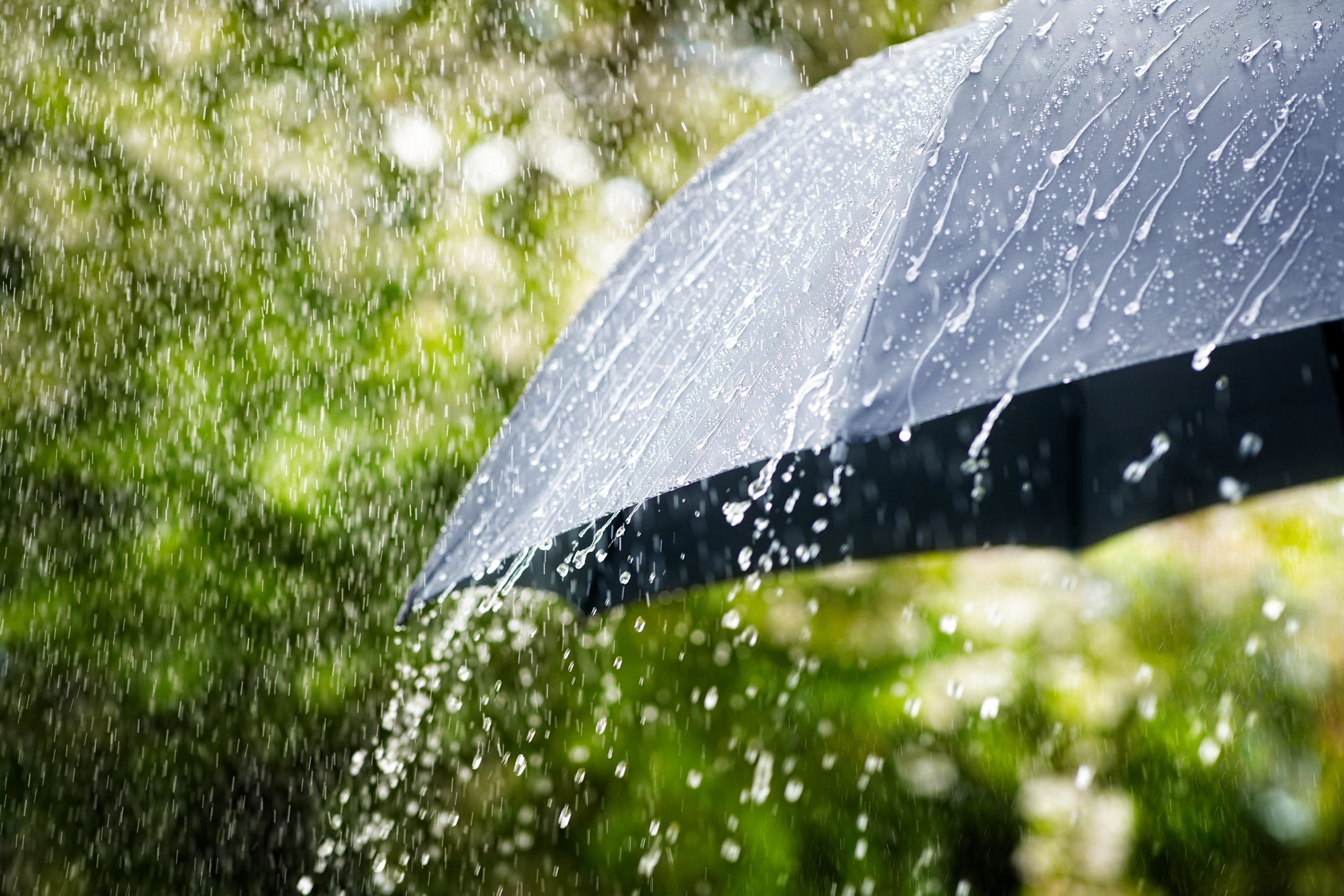
Corporations are major contributors to climate change, leading to debates about their role and responsibility. Some argue for stricter regulations, while others believe in market-based solutions.
Fossil Fuel Industry
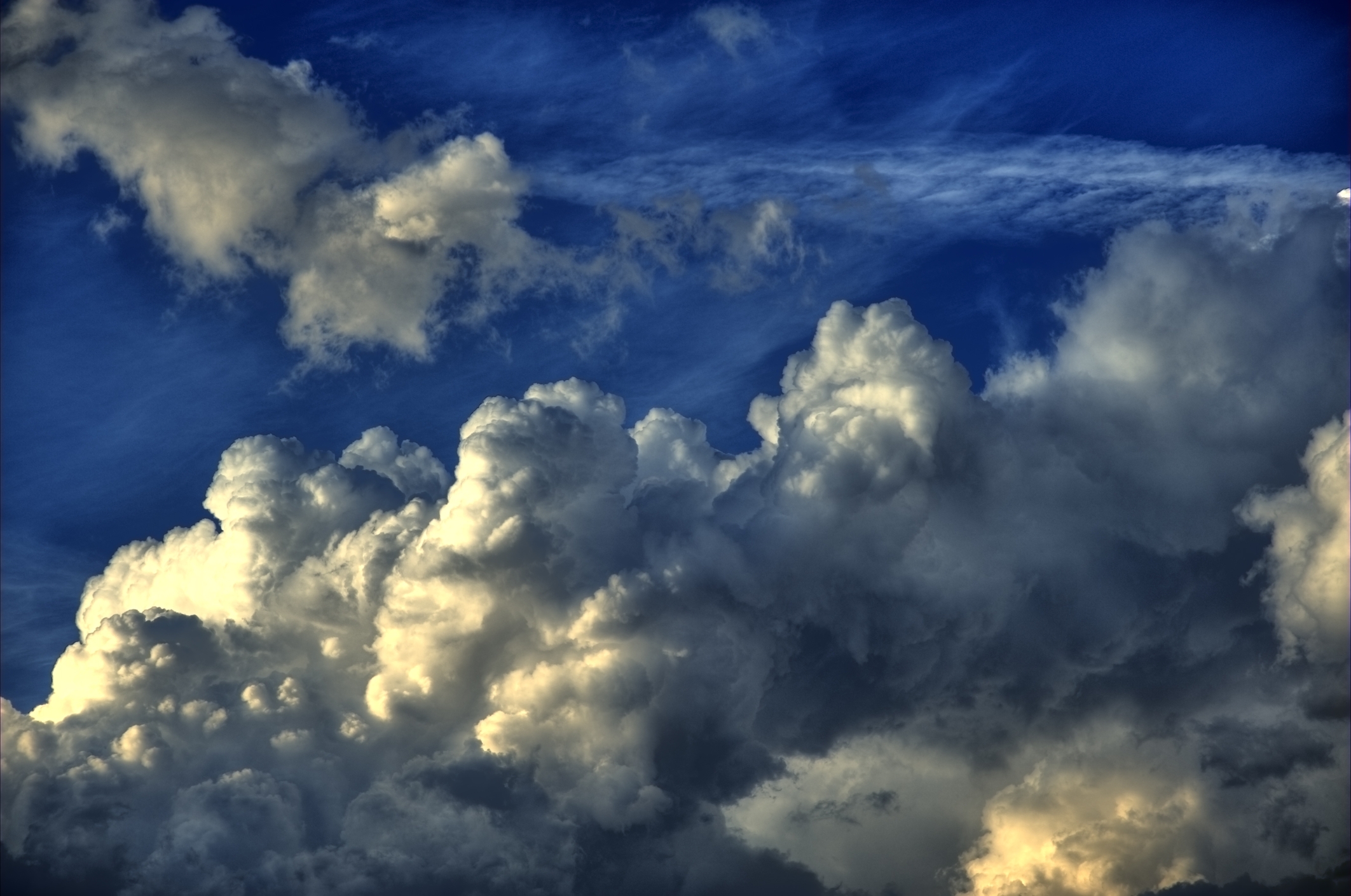
The fossil fuel industry is often seen as the villain in the climate change narrative. Some argue that the industry should be held accountable for their role, while others believe that demonizing the industry is unproductive.
Renewable Energy
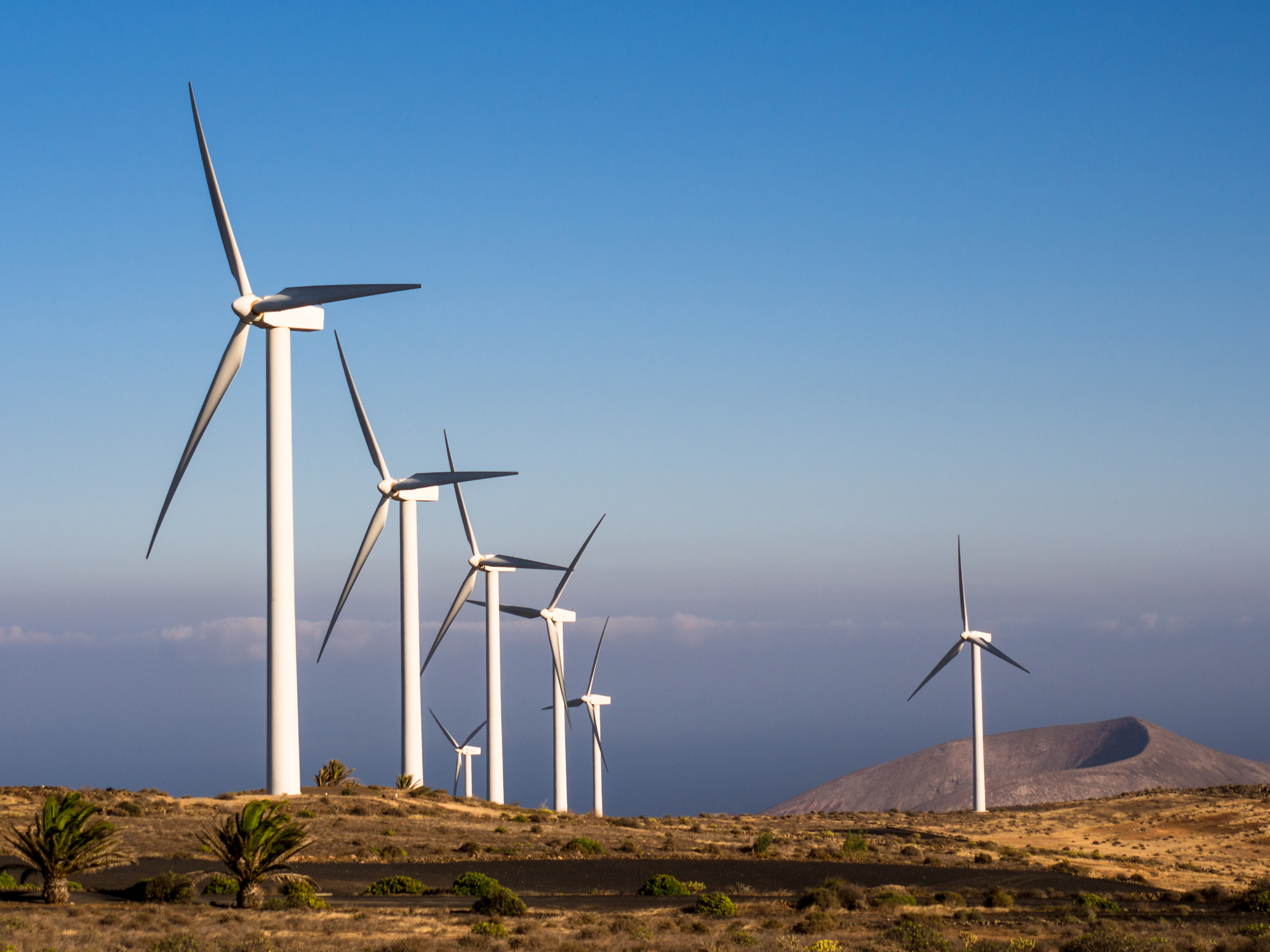
The transition to renewable energy is seen by many as the key to solving the climate crisis. However, some argue that this transition is not feasible or that it will lead to other environmental issues.
Population Control
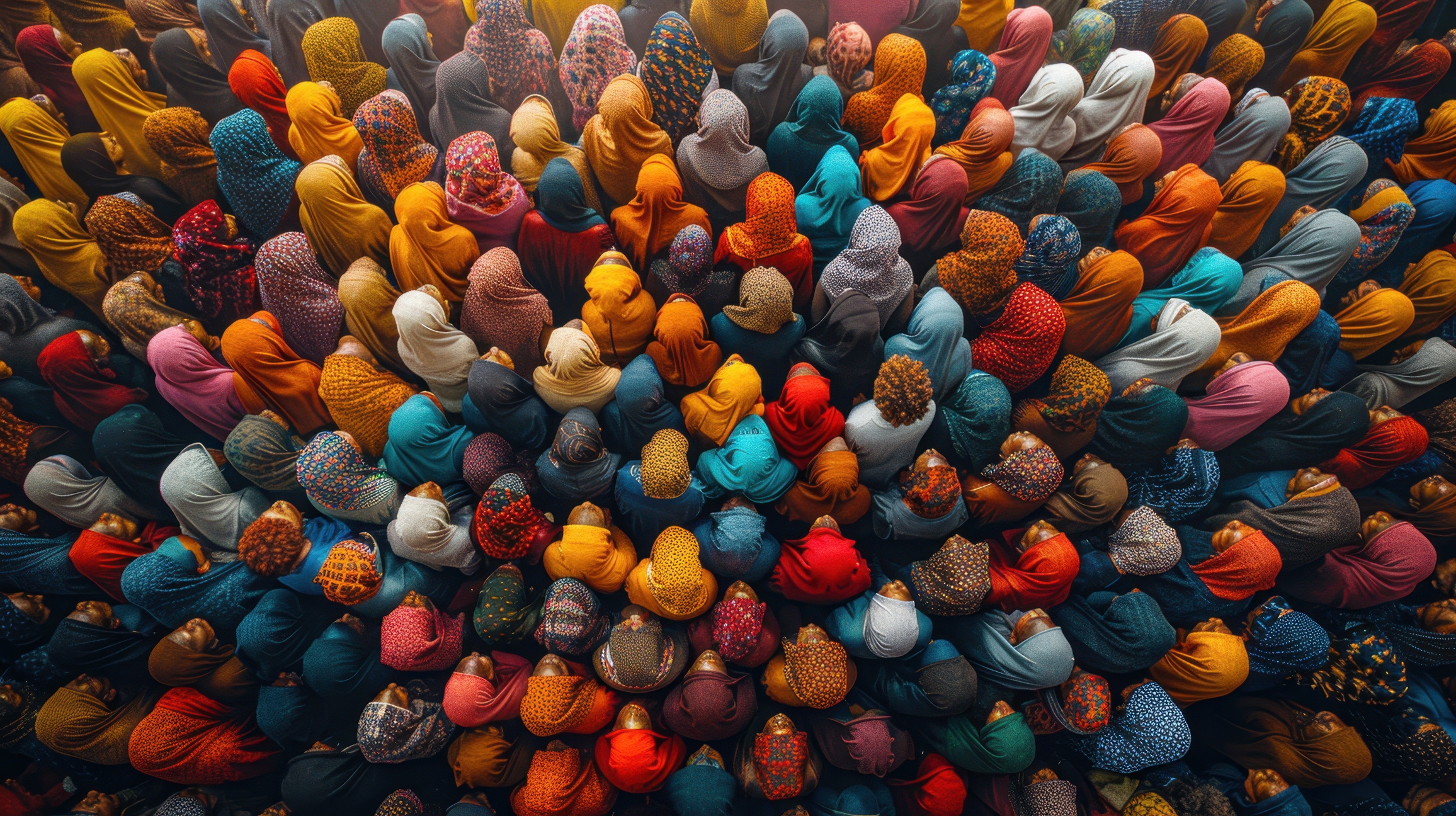
Some argue that overpopulation is the root cause of climate change and advocate for population control measures. Critics argue that this perspective oversimplifies the issue and shifts blame onto individuals.
Climate Change and National Security

Climate change is increasingly seen as a threat to national security, leading to debates about the role of the military in climate change mitigation efforts. Critics argue that this perspective militarizes the issue.
The debate on climate change is complex and multifaceted, with a myriad of perspectives. Whether viewed as a fearful apocalypse or a crafted illusion, the importance of the issue cannot be understated. It is clear that the path forward requires thoughtful dialogue and concerted action from all sectors of society.
